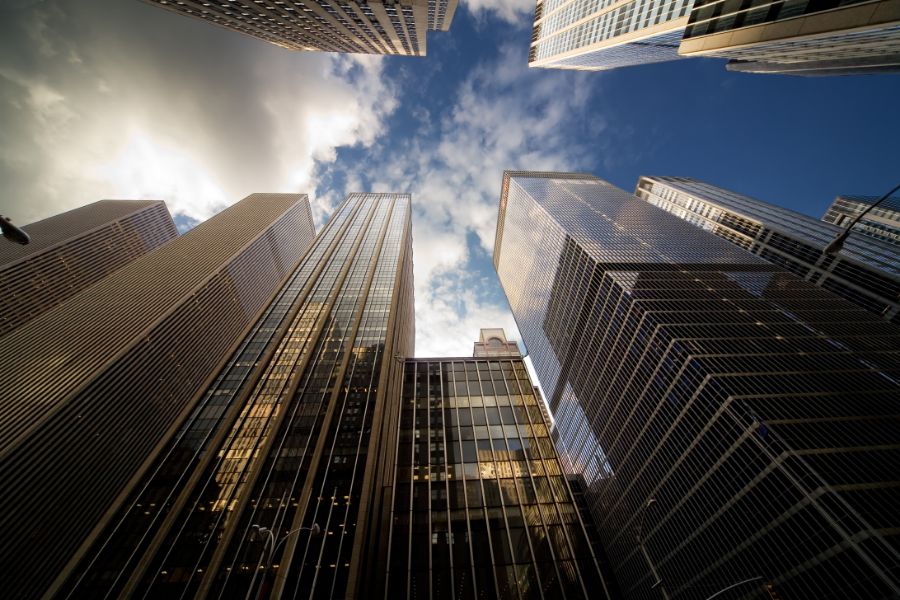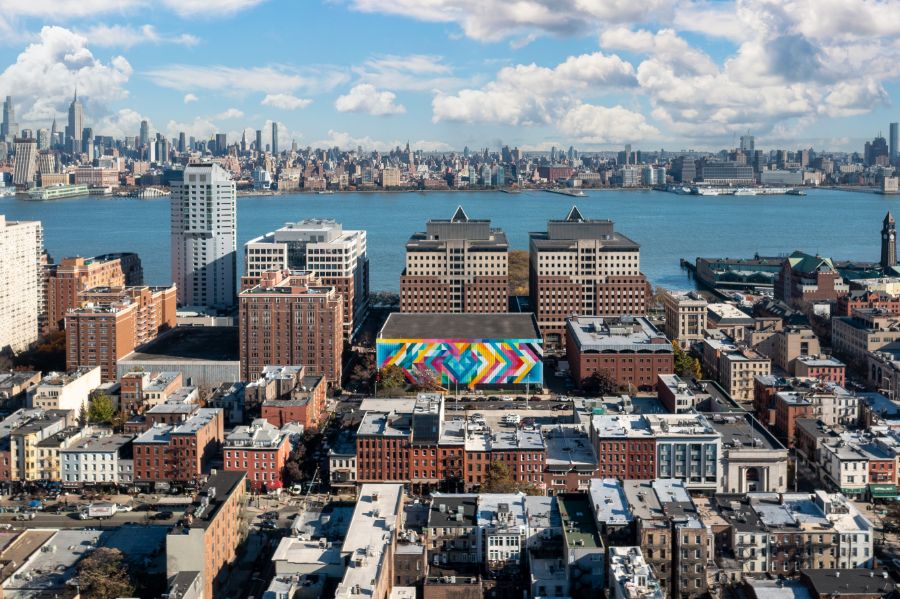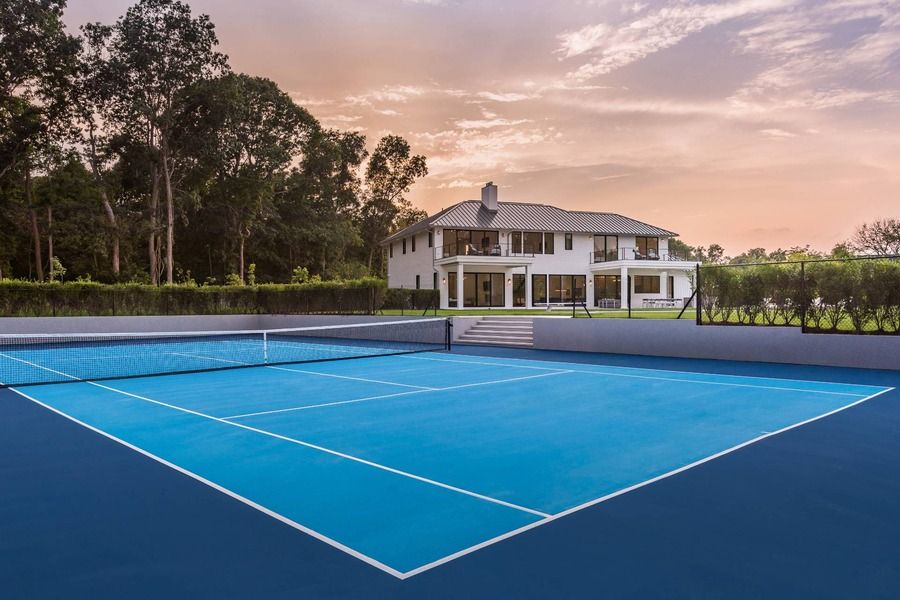Changing trends, along with new state and federal mandates, mean new construction buildings will say goodbye to gas stovetops and introduce other amenities and finishes more friendly to the environment. The shifts are already being seen as several new developments throughout New York City and beyond are opting for clean alternatives to traditional energy.

The shifts to induction, electric car charging, and other smart and sustainable ways of building and living in New York City are not simply a lapsing trend, but a transition that will improve the health of our city and its housing over time. Buyers, too, are aware of the positive impacts these small shifts can have and are increasingly looking for these features when making a move.—Stephen Kliegerman, President of Brown Harris Stevens Development Marketing
Getting Gas Out of the Kitchen
Induction cooking eliminates the need for gas lines. Even before the new legislation, Midtown Manhattan's Selene was designed with no gas in its residences, all of which are sub-metered for electric usage. The kitchens feature induction cooktops and Gaggenau ovens.

Foster + Partners designed each residence with an undulating glass wall façade that bathes the living spaces in natural light, further enhancing the building's energy efficiency.
The architectural firm is no stranger to sustainable design, a core tenet of its work over the last 50 years. Foster + Partners employs specialized, in-house teams for carbon assessments, environmental engineering, environmental analysis, and more, with the overall goal of promoting the health and wellbeing of the communities in which they work.
LEED-Certified Buildings

As more and more developers seek to sustainable properties, many are turning to LEED certification.
The U.S. Green Building Council certification constitutes the global standard for environmentally friendly buildings, assessing the buildings via a rating system that accounts for everything from construction materials to design and overall carbon emissions. Several new developments in Manhattan are LEED certified, including Selene, VU in Kips Bay, and The Vandewater, the first new development of its kind on Manhattan's Upper West Side.
Overlooking the campus of Columbia University, the 33-story residential tower signifies the area's future growth and development, as well as its potential for a sustainable future.
Concept Projects

The Catskill Project in the Hudson Valley, a 90-acre community of contemporary residential homes, is being built to be net-zero, carbon neutral, and passive-house designed.
Similar to LEED certification, passive building incorporates various, rigorous principles for energy efficiency, including temperature control sans heating or cooling systems that allows residents to be comfortable year-round.
Other "green" elements of the project include solar panels, water-saving plumbing systems


